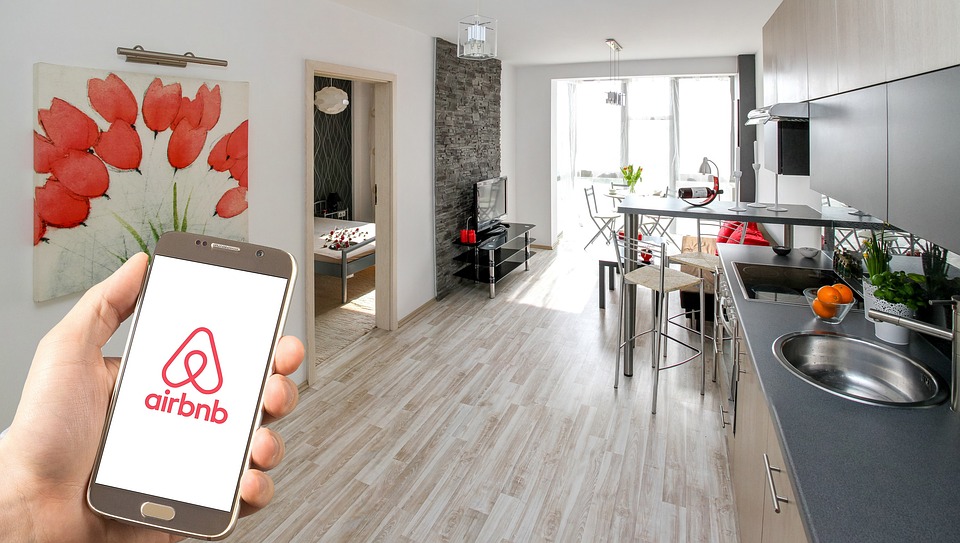Landlords on the lookout for greater returns are turning to short-term lets – and they need mortgages.
There’s no question that Airbnb has disrupted the travel accommodation market in the last decade since launch.
But its impact has reached further, to UK landlords, many of whom are rejigging their buy-to-let portfolio to accommodate short-term lets.
There’s just one problem.
Buy-to-let mortgages usually exclude short-term lets, because lenders have historically found them complicated and risky.
Now the market is catching up.
Specialist lenders, such as Foundation, and some smaller mutuals have recognised the demand for mortgages that allow landlords to let their property on short-term contracts using online marketplaces such as Airbnb.
Yield of dreams
Experienced landlords have started to look for greater returns in niche sub-sectors of the market. These include HMOs, purpose-built student accommodation and increasingly short-term lets.
It’s easy to see the appeal from a landlord’s perspective. In a sector dealing with a series of costly changes, the lure of higher returns has tempted many to move from assured shorthold tenancies (ASTs) to the higher stakes of short-term lets.
Landlords can potentially double their money or more when it comes the rental income they can command, with cities such as London, Manchester and Edinburgh seeing a boom in apartment lets.
And it’s not just holidaymakers and weekend party-goers. Those between properties and businesses are also looking for the flexibility of a short-term let with no strings attached and no bills to pay.
Taxed off
The Residential Landlords Association found that 7% of landlords are now moving their properties from long-term to short-term lets, and over a third claimed that changes to tax relief on property finance prompted the shift.
That’s because furnished holiday lets are treated as businesses, not investments, and taxed differently, effectively escaping the dreaded ‘turnover tax’. The property could also qualify for entrepreneurs tax relief, plus you can claim the cost of furnishing the property.
But it’s not all high rent and tax benefits.
There’s utility, cleaning and admin costs to factor in and a greater risk of voids and of property damage, plus some areas could find that demand is highly seasonal.
What about mortgages?
Buy-to-let lenders prefer the security of a tenant on an AST than an ever-revolving door of visitors, and don’t usually accept short-term lets.
As a result, this is still a niche sector, served by a handful of lenders, including Foundation.
Lending criteria still varies significantly, so it’s a smart move to have a good grounding in what is currently offered.
For example, some lenders require the landlord to have personal income to cover the mortgage for a period, while Foundation has no minimum income requirement.
Some have specific affordability criteria, while we underwrite short-term lets as a standard buy-to-let mortgage. Plus, we will lend to limited companies as well as individuals.
Lenders need to be flexible because the buy-to-let sector is changing, and never more so than in the last few tumultuous years.
Landlords are already using Airbnb and other sites to let their properties, with some potentially breaking their mortgage contract and voiding their buildings cover.
The demand for short-term lets is growing and online accommodation marketplaces are not suddenly going to disappear – Airbnb currently has five million listings worldwide.
Do we bury our head in the sand or give landlords mortgages that meet their needs today?
Source: Mortgage Introducer


